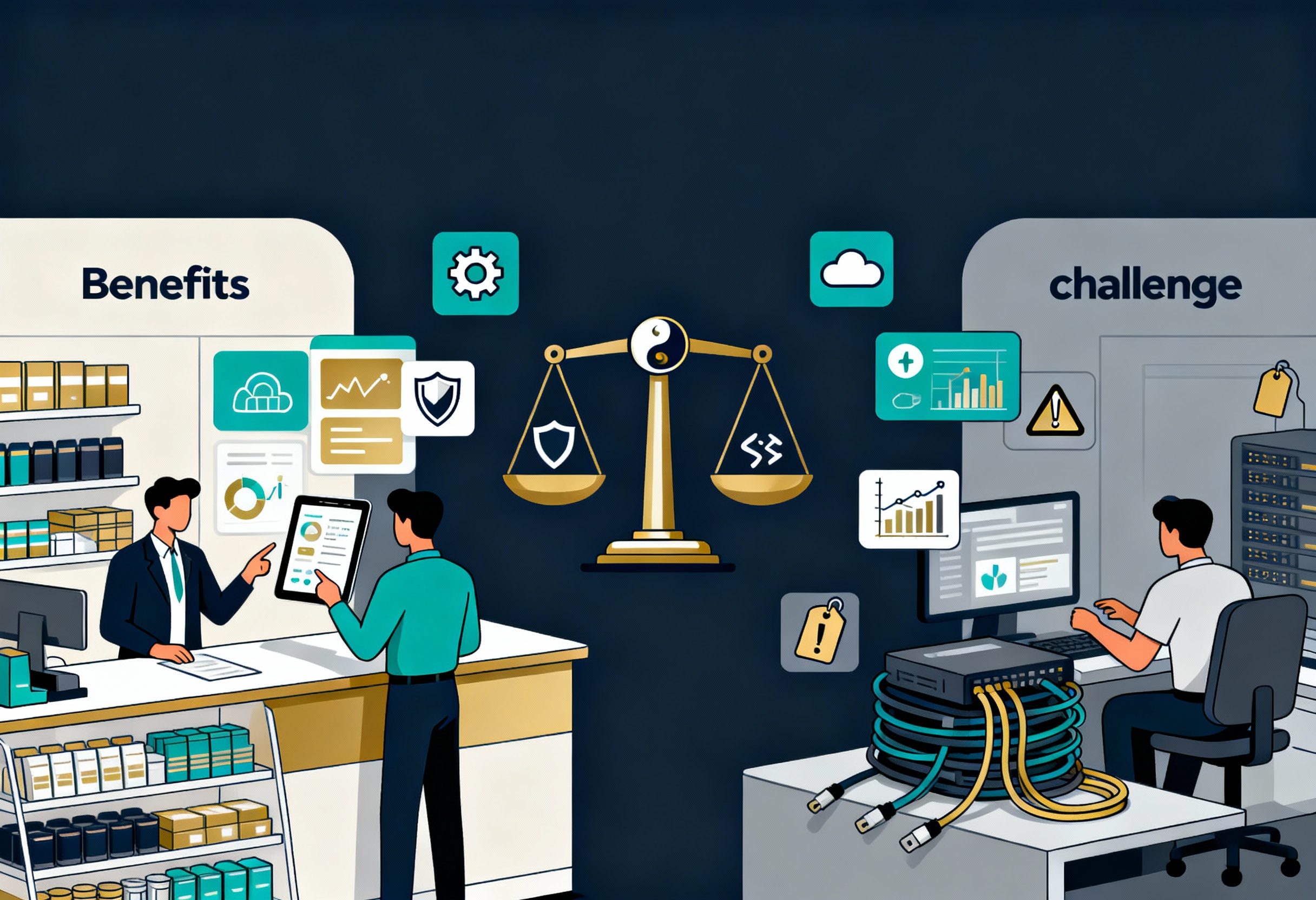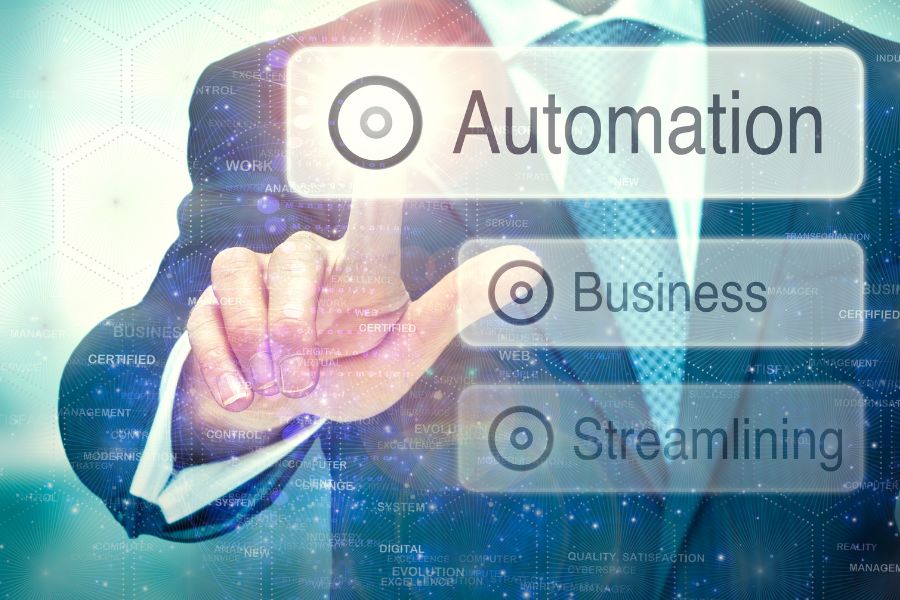In the world of eCommerce, Magento is a popular platform that offers two primary solutions for businesses: Magento 2 B2B and B2C. While both solutions are designed to help businesses sell products online, they have fundamental differences that can significantly impact their success. In this article, we will explore the key differences between Magento 2 B2B and B2C, and why it matters for businesses to choose the right solution for their specific needs.
Overview Magento B2B vs B2C eCommerce
What is Magento 2 B2B?
Magento 2 B2B (business to business) is an eCommerce platform designed specifically for businesses selling products or services to other businesses. It provides features that cater to the unique needs of B2B companies, such as bulk ordering, negotiated pricing, custom catalogs, and account management. The platform is also equipped with advanced tools for managing complex sales cycles, creating personalized experiences for customers, and integrating with other business systems.
Some key features of this platform include:
- Custom catalogs: B2B companies often have unique products and pricing structures for different customers. Magento 2 B2B allows businesses to create custom catalogs for each customer, with products and prices tailored to their specific needs.
- Account management: B2B companies typically have a large number of customers with different roles and permissions. This platform provides advanced account management tools to help businesses manage their customer accounts, including user roles, permissions, and credit limits.
- Negotiated pricing: B2B companies often negotiate prices with their customers based on factors such as volume and frequency of orders. Magento 2 B2B allows businesses to set up negotiated pricing for each customer, with discounts and promotions based on their specific needs.
- Advanced checkout: B2B companies often have complex ordering processes, with multiple steps and approval workflows. Magento 2 B2B provides advanced checkout options to help businesses manage their order processes, including multiple shipping addresses, order approvals, and payment methods.
What is Magento 2 B2C?
Magento 2 B2C (business to consumer) is an eCommerce platform designed for businesses selling products or services directly to individual customers. It provides features that cater to the needs of B2C companies, such as user-friendly product catalogs, easy checkout, and mobile-friendly designs. The platform is also equipped with advanced tools for creating personalized experiences for customers, integrating with social media, and optimizing search engines.
Some key features of Magento 2 B2C include:
- User-friendly product catalogs: B2C companies often have large product catalogs with many different variations. Magento 2 B2C provides a user-friendly product catalog with advanced search and filtering options, making it easy for customers to find the products they need.
- Easy checkout: B2C customers typically expect a quick and easy checkout process. Magento 2 B2C provides a streamlined checkout process with one-page checkout, guest checkout, and multiple payment options.
- Mobile-friendly designs: B2C customers are increasingly using mobile devices to shop online. Magento 2 B2C provides mobile-friendly designs and responsive layouts, ensuring that customers can shop on any device.
- Social media integration: B2C companies often use social media to reach new customers and engage with their existing ones. Magento 2 B2C provides advanced social media integration, allowing businesses to promote their products and engage with customers on platforms such as Facebook, Twitter, and Instagram.
Magento 2 B2B vs B2C eCommerce: What’s the Difference?
Magento 2 B2B and B2C eCommerce platforms are designed to cater to different business models and customer requirements. Here are the main differences between Magento 2 B2B and B2C eCommerce platforms in terms of payment progress, customer relationship, and conversion time:
Payment Progress:
In B2C eCommerce, the payment process is typically quick and straightforward. Customers usually pay through standard payment gateways like credit/debit cards, PayPal, or other payment methods. B2C payment transactions are generally low in volume but high in frequency.
On the other hand, B2B payment transactions can be more complex and involve higher volumes of transactions. Businesses need to set up payment terms and conditions like credit limits, discounts, and special pricing. Payment options can include credit lines, wire transfers, and purchase orders. The payment progress in B2B eCommerce is more dynamic and requires more negotiation and collaboration between parties.
Customer Relationship:
In B2C eCommerce, the customer relationship is more transactional, where businesses aim to sell products to as many customers as possible. The focus is more on creating a user-friendly and seamless shopping experience to encourage customers to buy. B2C eCommerce is more focused on attracting new customers through advertising, social media, and other marketing channels.
In contrast, B2B eCommerce is focused on building long-term relationships with customers and creating personalized experiences. The sales process in B2B eCommerce is more consultative, and businesses need to understand their customers’ specific needs and requirements to provide tailored solutions. The customer relationship is more collaborative, and businesses may offer additional services like training, technical support, and maintenance.
►►► Optimal solution set for businesses: Multi store POS, Next-gen POS, Inventory Management Software (MSI), Self Service, Automation, Backorders
Conversion Time:
B2C eCommerce conversion time is relatively short, as customers typically make impulsive buying decisions. Online retailers need to provide an intuitive and straightforward purchasing process to convert the customer quickly. Businesses can achieve this by offering fast shipping, easy checkout, and responsive customer support.
In B2B eCommerce, the conversion process can be much longer, as the sales cycle is more complex. The sales process typically involves multiple touchpoints, and businesses may need to offer customized solutions, negotiate terms, and provide a detailed proposal. B2B eCommerce requires more patience and collaboration between businesses to convert potential customers into long-term clients.
Magento B2B vs B2C eCommerce: What to Choose in 2023
When it comes to choosing between Magento 2 B2B and B2C eCommerce platforms in 2023, it ultimately depends on your business’s specific needs and requirements. There are some factors to think about when making your decision:
Target Audience:
The first thing to consider is your target audience. Are you primarily selling to other businesses or individual consumers? If you’re selling to businesses, then Magento 2 B2B would be a better fit, as it’s designed specifically to cater to the needs of B2B businesses. However, if your target audience is primarily individual consumers, then Magento 2 B2C would be a better fit.
Business Model:
Your business model is another factor to consider. B2B eCommerce is more complex than B2C, and businesses need to have the resources and expertise to manage the more complex sales process. If you’re a B2B business, then Magento 2 B2B would be a better fit, as it provides the tools and features necessary to manage a B2B eCommerce business.
Sales Process:
Consider your sales process and how your customers make purchasing decisions. If your sales process involves a consultative approach and requires collaboration between businesses, then Magento 2 B2B would be a better fit. However, if your sales process is more transactional and involves quick and straightforward purchases, then Magento 2 B2C would be a better fit.
Choosing between Magento 2 B2B and B2C eCommerce platforms in 2023 depends on your business’s specific needs and requirements. Consider your target audience, business model, sales process, customization needs, and budget to make an informed decision.
Conclusion
Choosing between Magento 2 B2B and B2C is a critical decision that businesses need to make based on their unique needs and requirements. While both solutions have their advantages, understanding the differences between the two is essential to make an informed decision. Magento 2 B2B is designed for businesses that primarily sell to other businesses and require a complex sales process and long-term relationships with customers. Magento 2 B2C, on the other hand, is designed for businesses that primarily sell to individual consumers and require a more straightforward and user-friendly purchasing process. By understanding the differences between Magento 2 B2B and B2C, businesses can choose the right eCommerce solution that caters to their specific needs, improves the customer experience, and ultimately drives success. Contact us if you want to know more detail about this platform.
►►► Optimal solution set for businesses: Shopify POS, Magento POS, BigCommerce POS, WooCommerce POS, NetSuite POS, E-Commerce POS



